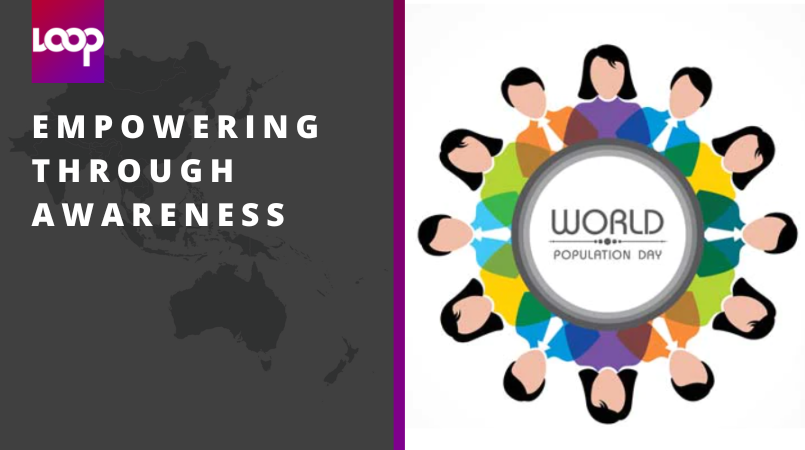
World Population Day, observed on July 11, serves as a global platform to raise awareness about pressing population issues and their impact on society.
Established by the United Nations, this significant event focuses on highlighting the importance of addressing concerns related to reproductive health, family planning, gender equality, and sustainable development.
The aim of World Population Day is to recognize the challenges and opportunities posed by population dynamics and encourage governments, organizations, and individuals to engage in discussions and take action. Through this observance, the United Nations seeks to promote understanding, collaboration, and innovative solutions to ensure a sustainable future for all countries.
Over the years, World Population Day has played a crucial role in increasing awareness, advocating for reproductive rights, and encouraging policies and programs that support sustainable development and the well-being of individuals.
The significance of this day lies in its ability to foster discussions and raise awareness about the impact of population dynamics on socioeconomic development, environmental sustainability, and individual well-being. It serves as a reminder that the growing population presents both challenges and opportunities that require attention and proactive measures.
The theme for World Population Day 2023 is "Unleashing the power of gender equality: Uplifting the voices of women and girls to unlock our world's infinite possibilities." This theme highlights the pivotal role of gender equality in achieving sustainable development and empowering women and girls to contribute to their full potential. It emphasizes the need to address gender-based discrimination, promote access to education and healthcare, and ensure women's reproductive rights.
In line with the theme, the Buk bilong Pikinini children are actively participating in World Population Day 2023. The children have been engaged in activities such as cutting, painting, and coloring to learn about the diverse population inhabiting the globe. This initiative is particularly relevant for Papua New Guinea (PNG), a country experiencing rapid population growth, impacting access to limited services and resources.
During their learning sessions, the children were made aware of various challenges associated with the increasing population rate. These challenges include limited resources to sustain livelihoods such as food, shelter, and water, as well as concerns about insufficient spaces in schools and future job availability.
